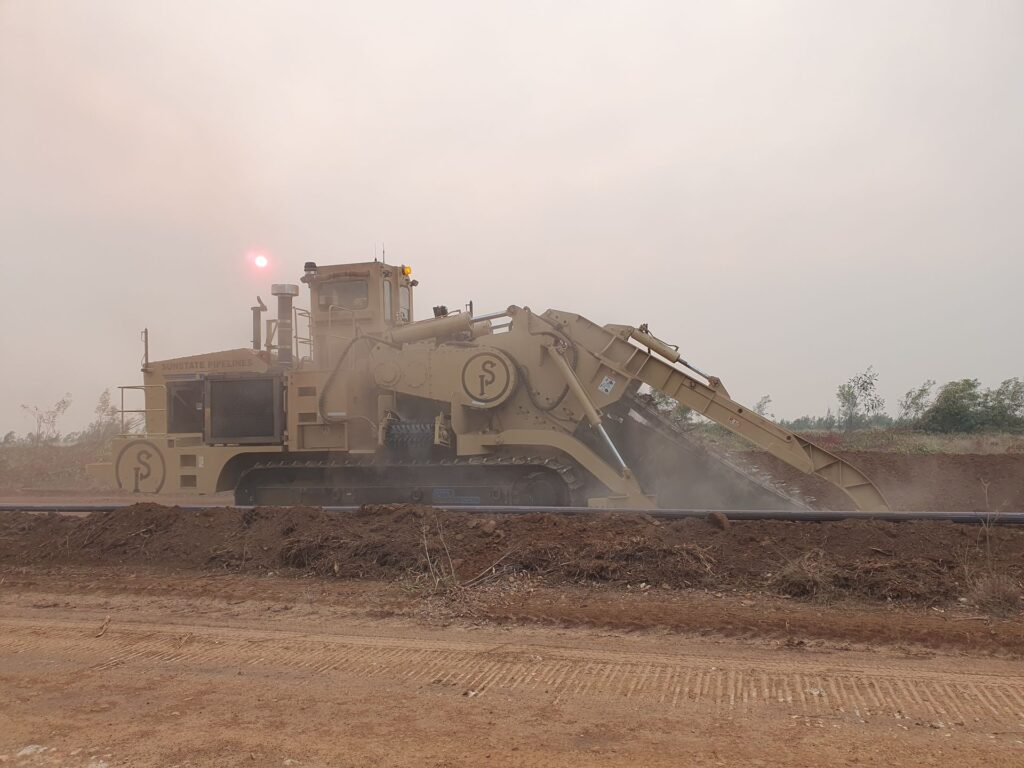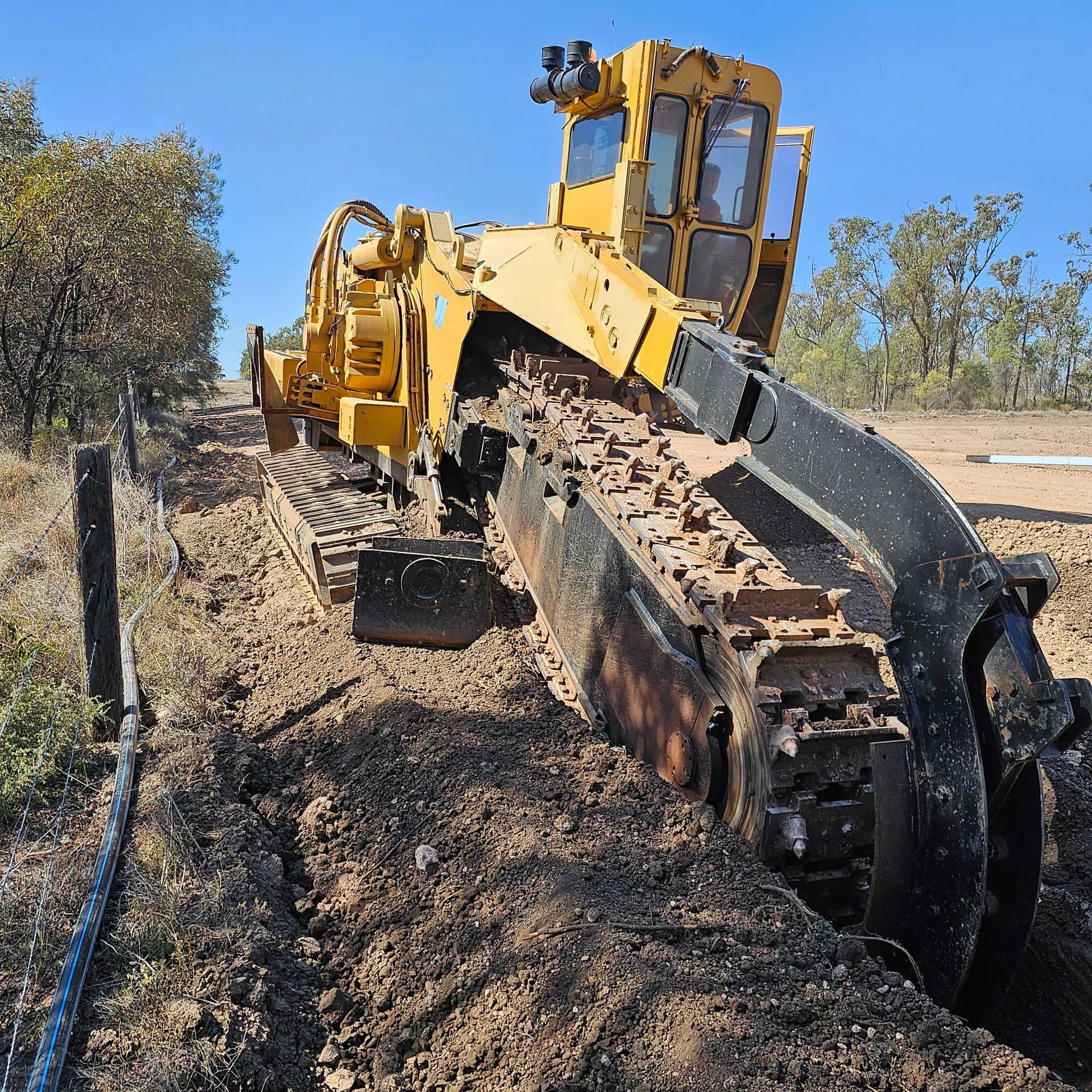When it comes to acquiring plant equipment for your business, the biggest decision you’ll face is whether to buy or hire. Like any choice, each one has its pros and cons. Before making your choice, you’ll have to consider your business’s financial situation, the project needs, and long-term business goals, and whether you want the high price of buying, or short-term equipment rental costs. In this article, we will explore the buying vs renting plant equipment to help you make an informed decision.
Buying Plant Equipment
Buying plant equipment means purchasing the machinery outright. While this is a significant financial commitment, it offers several benefits.
Pros of Buying Plant Equipment
Ownership
When you buy equipment, you have complete ownership over the machine. This means you can use it whenever you need without worrying about its ability or signing any hiring agreements. Ownership gives you the flexibility to manage your projects on your terms and schedule.
Long-term Cost Efficiency
If you’re planning on using the equipment frequently over multiple construction projects, buying can be more cost-effective in the long run. While the initial investment is high, you avoid ongoing hiring costs that can severely impact your financials in the long run.
Asset Value
Finally, purchased equipment is a tangible asset. If anything goes wrong down the line and you need to sell assets, selling equipment is a dependable way of recouping some of your investment.
Cons of Buying Plant Equipment
High Initial Cost
The upfront cost of buying equipment is a significant financial burden that isn’t tenable for small businesses or start-ups with limited capital.
Maintenance and Repairs
When you own equipment, it means you are responsible for all maintenance and repair costs. This can be expensive and time-consuming, particularly if the machinery breaks down frequently, or if you don’t have anyone on staff who can fix it.
Depreciation
Like any asset, equipment depreciates over time as it gets old or starts to break down. This means its resale value will decrease, you have to pay for repairs to bring it back to working order, and you may not recover your full investment if you decide to sell.
Storage and Transportation
When you own your own equipment, you’re the one who has to consider the logistics of storing and transporting your equipment between sites. This can be an expensive inconvenience, especially for large or specialised machinery that you or your staff are not trained to transport safely.

Renting Plant Equipment
Meanwhile, hiring plant equipment involves leasing machinery for a specified period. This option is often chosen by businesses who only need equipment for short-term projects or want to sidestep the large capital investment of purchasing.
Pros of Hiring Plant Equipment
Low Equipment Rental Costs
Hiring requires a far lower upfront investment compared to buying. This is beneficial for companies with smaller budgets or those needing specialised equipment only for a one-off project.
Testing Equipment
This option is great for companies curious about the latest machinery but don’t want to commit to the steep up-front cost of committing to a purchase. Depending on your contract, you can also ask to change equipment.
No Maintenance Costs
The biggest cost-saver is not needing to pay for any equipment maintenence. Most hire agreements typically include maintenance and repair services, especially if they break down in the middle of a project, saving you the time of ongoing maintenance and the expense of impromptu repairs.
Cons of Hiring Plant Equipment
Higher Long-term Costs
While hiring is cheaper initially, if you have multiple, long-term projects that require machinery, the costs can add up over time if you frequently need the equipment.
Availability Issues
Rental equipment may not always be available when you need it, especially during peak construction seasons. This is why it’s important to book in advance, as it can cause project delays and complications.
Extra Factors to Consider for Buying vs Renting Plant Equipment
When deciding between buying vs leasing plant equipment, there are many different factors to consider. The main ones are the duration of the project. If it’s a short-term project or requires niche equipment, renting will likely be more cost-effective. Meanwhile, for long-term projects or regular needs for a project, renting will likely be more cost-effective. You also need to consider your budget while also planning for the future. Renting is cheaper in the short term, but buying your own equipment can also be a large boon for your company. You should also keep an eye on industry trends and technological advancements. Renting equipment gives you a ‘test drive’ of the machine that lets you see if it’s a good fit for your projects and your staff. Overall, buying vs leasing plant equipment has a lot of pros and cons, and you should consider what’s best for your company
Get Your Pipeline Project Underway with Sunstate Pipeline
Making the choice between buying vs renting plant equipment is a significant decision that impacts your business. The ultimate decision will ultimately come down to the specific circumstances, goals, and However, by carefully weighing the pros and cons of each option, you’ll be able to pick the right decision for your company.
We can’t tell you what the right choice is for you ultimately, but if you’re leaning towards renting equipment, then you can do no better than hiring with Sunstate Pipelines. We supply chain trenchers, water trucks, diggers and much more. We operate all over Australia, supplying highly qualified labour and equipment who understand all the ins and outs of pipelaying. If you want to bring your project to life with high expertise and knowledge, look get in touch with us for a free quote.

